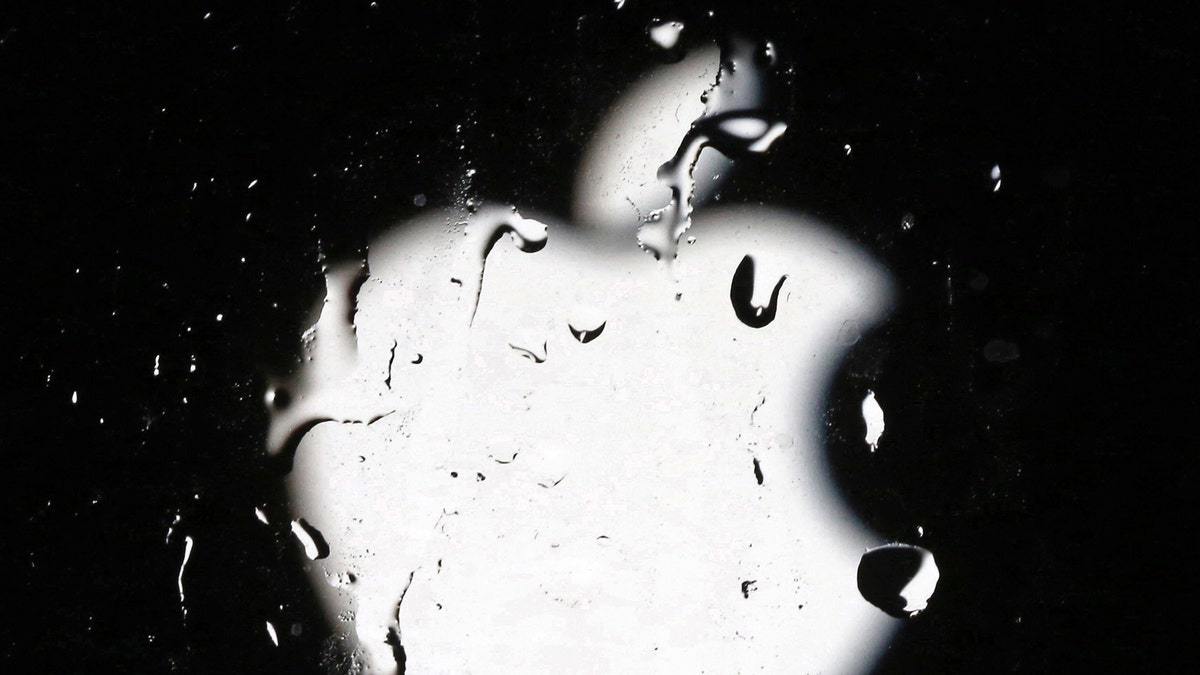
A logo of Apple is seen in this Sept. 23, 2014 illustration photo in Sarajevo. (REUTERS/Dado Ruvic)
Apple has asked a judge to vacate an order to help hack the phone of a shooter in the deadly terror attack in San Bernardino, Calif, last December.
The tech giant on Thursday asked a federal magistrate to reverse her order that the company help the FBI hack into the locked iPhone, accusing the federal government of seeking "dangerous power" through the courts.
Related: Apple ups the ante in Silicon Valley's encryption battle with government
On Feb. 16 U.S. Magistrate Judge Sheri Pym ordered Apple to help the Obama administration break into an encrypted iPhone belonging to one of the shooters in last December's San Bernardino attack that killed 14 people.
Apple announced the following day that it will fight the judge’s order directing the tech giant to override the iPhone’s security features. The order requires Apple to supply highly specialized software the FBI can load onto the county-owned work iPhone to bypass a self-destruct feature, which erases the phone's data after too many unsuccessful attempts to unlock it.
Related: Apple CEO defends position in encryption dispute with feds
The filing represents Apple’s first official response since the judge's order last week and builds upon arguments voiced by the company's chief executive and supporters.
The Justice Department is proposing a "boundless interpretation" of the law that, if left unchecked, could bring disastrous repercussions for digital privacy, the company warned in a memo submitted to Pym.
Related: Why Apple's security battle with the FBI is a PR masterstroke
"The government says: 'Just this once' and 'Just this phone.' But the government knows those statements are not true," lawyers for Apple wrote.
“The Justice Department’s approach to investigating and prosecuting crimes has remained the same; the change has come in Apple’s recent decision to reverse its long-standing cooperation in complying with All Writs Act orders," DOJ spokeswoman Melaine Newman said in a statement.
"Law enforcement has a longstanding practice of asking a court to require the assistance of a third party in effectuating a search warrant. When such requests concern a technological device, we narrowly target our request to apply to the individual device."
In an interview with ABC News on Wednesday Apple CEO Tim Cook defended the iPhone maker’s position in its encryption dispute with the feds. In his first interview since the controversy erupted last week, Cook said that if his company complied with the FBI’s demand to unlock Syed Rizwan Farook’s encrypted phone it would be “bad for America.”
Social media giants Facebook and Twitter have backed Apple in its dispute with the FBI, as has Google CEO Sundar Pichai. However, Microsoft co-founder Bill Gates has backed the FBI in the encryption fight.
Related: Apple developing unhackable iPhone technology, report says
Apple is working on an unhackable iPhone, according to a New York Times report, prompting speculation that the Cupertino, Calif.-based firm is looking to boost the phone’s biometric security and make the “self-destruct” feature part of the device’s hardware, as opposed to software.
The Associated Press contributed to this report.








































